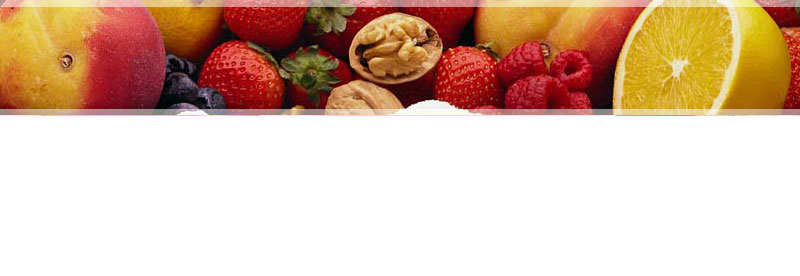| Threonine | ||||||||
| print the page | email the page |  |
|
|||||
- Why threonine is good for you
- Important threonine facts
- Groups at risk of threonine deficiency
- Symptoms of threonine deficiency
- Threonine and health
- Threonine in foods
- Threonine recommended daily intake (RDI)
- Threonine works best with
- Overdosage, toxicity and cautions for threonine
Threonine is an essential amino acid that helps to maintain the proper balance of protein in the body.
It is important for the formation of collagen and elastin in the skin, and aids to fight fatty liver, when combined with aspartic acid and methionine.
- Threonine is present in high concentrations in the heart, the central nervous system, and skeletal muscle
- It enhances the immune system by aiding in the production of antibodies and promotes thymus growth and activity - newborns have high amounts of threonine which decreases with age
- Threonine requirements increase if high levels of stress or trauma are experienced
- Other nutrients are better absorbed when threonine is also present
Groups at risk of threonine deficiency
Deficiency is rare, but can occur in the following individuals:
- People on low protein diets - people who are not eating enough protein foods may not get enough threonine in their diet
- Vegans and vegetarians - people who are on a strict vegetarian diet may suffer from a threonine deficiency if their diet is deficient in protein
People in these groups at risk of threonine deficiency should talk to a medical professional about threonine supplementation BEFORE taking it.
Symptoms of threonine deficiency
Deficiency may result in irritability and a generally difficult personality, including severe and sudden mood changes.
As threonine is a precursor of isoleucine, imbalance may result if the synthesis rate from aspartate is incorrect.
Advertisement
- Depression - threonine has been used to successfully treat mild depression in some studies.
Talk to a medical professional about threonine supplements BEFORE taking them
| FOOD | AMOUNT | Threonine (mg) |
|---|---|---|
Bacon, pan-fried |
28g | 4200 |
Tuna, canned in oil |
1 can (171g) | 2184 |
Snapper, cooked |
1 fillet (170g) | 1960 |
Halibut, cooked |
1/2 fillet (159g) | 1860 |
Chicken breast meat only, roasted |
1 cup (140g) | 1834 |
King mackerel, cooked |
1/2 fillet (154g) | 1756 |
Soybeans, dry roasted |
100g | 1719 |
Lean veal leg, cooked |
100g | 1604 |
Lean veal sirloin, cooked |
100g | 1483 |
Lean shoulder lamb, cooked |
100g | 1460 |
Lean round beef, cooked |
100g | 1443 |
Lean pork loin chops, cooked |
100g | 1422 |
Lean veal shank, cooked |
100g | 1407 |
Pink salmon, cooked |
1/2 fillet (124g) | 1390 |
Turkey breast meat only, roasted |
100g | 1337 |
Yellow fin tuna, cooked |
100g | 1314 |
Blue fin tuna, cooked |
100g | 1311 |
Alaskan king crab, cooked |
1 leg (172g) | 1275 |
Threonine recommended daily intake (RDI)
| RDA | 68mg/kg body weight (infants) 28mg/kg body weight (children) 8-10mg/kg body weight (adults) |
|---|---|
| TOLERABLE UPPER LIMIT | 150-500mg |
| TOXIC LEVELS | No information available |
- Folic acid
- Vitamin B3 (Niacin)
- Vitamin B6 (Pyridoxine)
- Vitamin C
- Chromium
- Magnesium
- Manganese
- Zinc
- Glycine
- Serine
Overdosage, toxicity and cautions for threonine
No information available.

references
- Osiecki H, Meeke F, Smith J, The Encyclopaedia of Clinical Nutrition - Volume 1: The Nervous System, BioConceps Publishing QLD 2004

